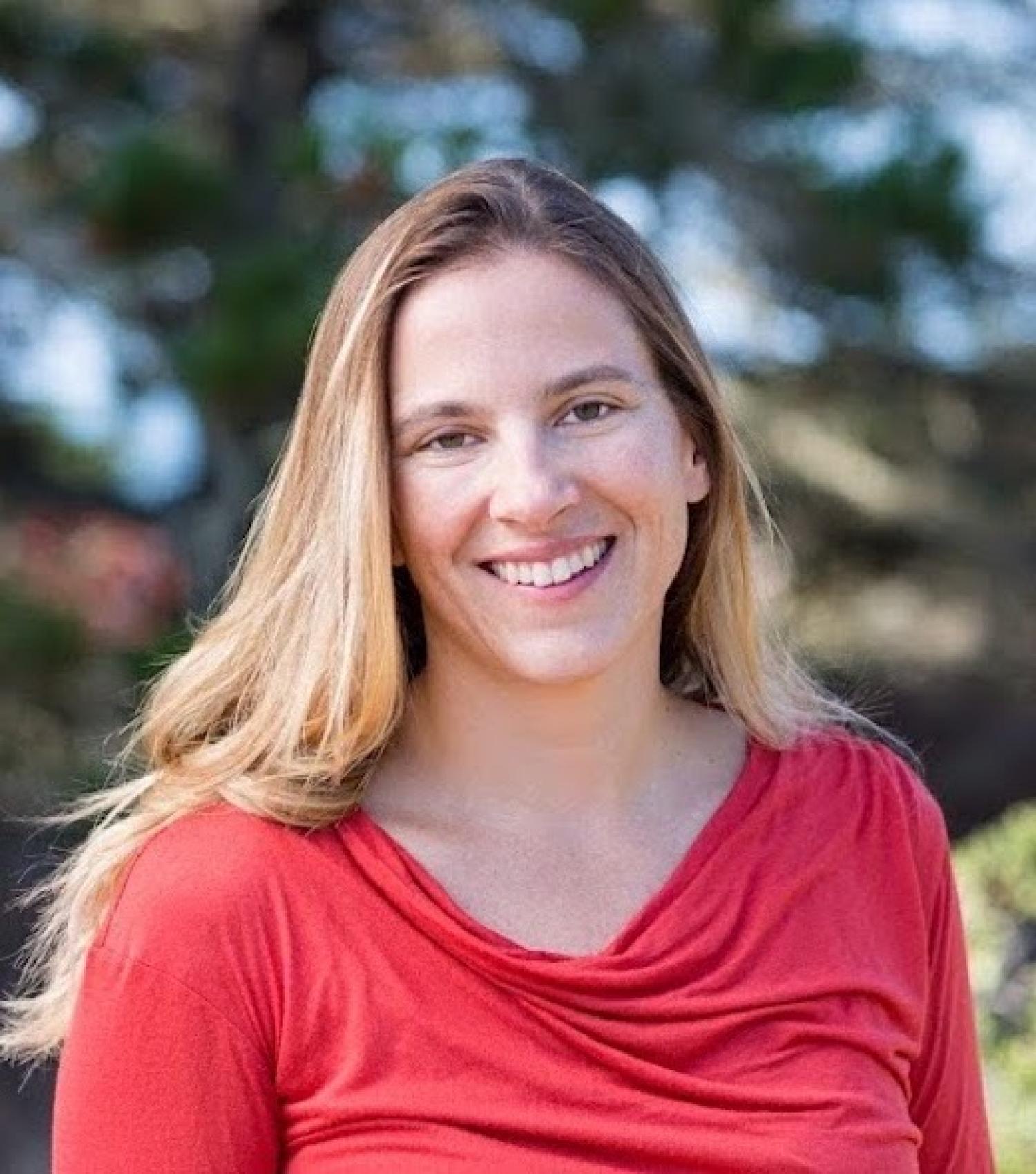Cassandra Brooks
- Associate Professor
- INSTAAR Fellow

Affiliations
Institute of Arctic and Alpine Research (INSTAAR)
Education
- PhD, Environment and Resources, Stanford University, 2017
- Grad Cert., Science Communication, University of California Santa Cruz, 2009
- M.S., Marine Science, Moss Landing Marine Labs, California State University,2008
- B.S., Biology, Bates College, 2001
Research Interests
- Antarctica
- Environmental Governance
- Marine Science
- Natural Resource Conservation
- Protected Areas
About
Cassandra Brooks is an Associate Professor in Environmental Studies at the University of Colorado Boulder and a Faculty Fellow in the Institute of Arctic and Alpine Research. She draws on a diversity of disciplines including marine science, environmental policy, and science communication to study and seek solutions to pressing environmental problems.
Prior to joining CU Boulder, she completed a PhD at Stanford University, studying international ocean policy, with a focus on marine protection in the Antarctic. In her previous graduate work at Moss Landing Marine Labs, she studied Antarctic toothfish in the Ross Sea, a population that supports the most remote fishery on Earth. She was also a core member of The Last Ocean, a grand-scale media project focused on the Ross Sea. Her efforts helped drive the adoption of the world’s largest marine protected area in the Ross Sea, Antarctica – one of the healthiest and most productive marine ecosystems left on Earth. For this work, she was awarded a Switzer Fellowship in Environmental Leadership (2015), the Ronne Award for Antarctic Research or Exploration through the Society of Woman Geographers (2022), and the Explorer's Club 50 honor (2022). For her interdisciplinary engaged scholarship, she was awarded the Early Career Award from the Association for Environmental Studies and Sciences (2021). At the University of Colorado Boulder, she has also received the Excellence in Service & Leadership Award (2023) and Graduate School Outstanding Faculty Mentor Award (2023).
In the last 20 years, Cassandra’s drive to understand and contribute to marine conservation has taken her to all seven continents, working in different capacities. This includes as a federal fisheries observer on New England groundfish boats, five research expeditions to Antarctica, experience as a science writer and media producer, and working as an Antarctic policy advisor for international conservation organizations in the United States, Europe, and Asia. Cassandra's research is currently funded by NASA, NSF, and the Pew Charitable Trusts. Her current projects include those focused on: life history connectivity of Antarctic toothfish and Antarctic krill; the importance of Antarctic polynyas; research and monitoring in the Ross Sea region marine protected area; climate change impacts on albatross; and the development of a representative system of protected areas in the Southern Ocean, including identifying Key Biodiversity Areas. She is also a member of many international research projects, including Arctic Rivers, Antarctic Sea-Ice Switch, and Securing Antarctica's Environmental Future.
As an engaged scholar, she presents her work at conferences, workshops, public events, and directly to policy-makers. She has widely published in science, policy and interdisciplinary peer-reviewed journals, including commentaries in Science and Nature. Further, Cassandra is trained as a Science Communicator through the University of California Santa Cruz and has published more than 175 articles and multi-media stories about marine science and the environment, including in The Seattle Times, Science, and National Geographic. Cassandra also makes time to talk to the press. Her research and media have been featured in the popular media across the world, including NPR, PBS, CNN, Time Magazine, Smithsonian, and The Washington Post. Active in the Antarctic science-policy sphere, since 2012, Cassandra has participated in meetings of the Commission for the Conservation of Antarctic Marine Living Resources (CCAMLR), and currently does so with the Scientific Committee on Antarctic Research (SCAR) delegation. She is currently the Chief Officer of SCAR’s Standing Committee on the Antarctic Treaty System. Cassandra has also served as Science Faculty with Homeward Bound, a global women's leadership initiative set in Antarctica.
Through her teaching at CU Boulder, which is largely focused on environmental governance and conservation solutions, she seeks to empower the next generations of environmental leaders. Cassandra advises a diverse interdisciplinary research group, check out their work here.
Note to Prospective Graduate Students
I am very interested in working with passionate, creative and hard-working undergraduate and graduate students. If you are considering applying to the Environmental Studies Graduate Program or are a current Environmental Studies undergraduate and would like to work with me, please send me an email including your:
1. CV or resume
2. A brief description of your research interests, why you want to pursue graduate work in the Environmental Studies Program and why my research group would be a good fit.
3. A brief description of any relevant experience or skills, including copies or links to publications (e.g., peer-reviewed manuscripts, agency reports, conference proceedings, poster PDFs, or popular media).

